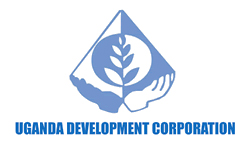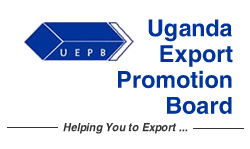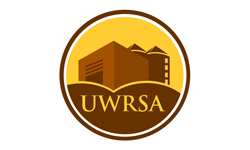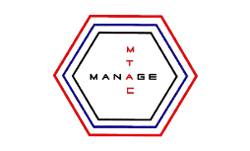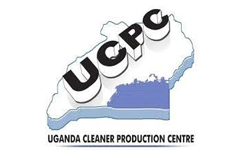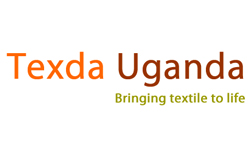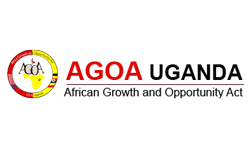Achievements
The expected outcomes from overall implementation of the programme are;
- Guidelines on principles and priorities for the Standards and Quality Area ( C 1)
- A well established and legally backed Standards and Quality Infrastructure (C 2)
- A sector-wide Standards forum (C3)
- Streamlined institutional set up with clear mandates and responsibilities (C 3)
- Market-driven standardisation, conformity assessment and measurement services according to international best practices ( C 4)
- Higher use of standards in the sustainable development of Uganda (C 5)
- Increased knowledge in private and public sectors about standard and quality products and services according to international best practices (C 5)
- Increased knowledge of the roles of standards and quality products and services to market competitiveness among the producers
- Students with good insight in and understanding of the roles standards and quality play in the development (C 5)
Each component has its own defined component objectives and expected outcomes.
Programme Structure and Expected Outputs: This programme is structured in five components and is based on priorities set by stakeholders from the private, public and development partners through a consultative process which was held in December 2008.
To achieve the programme objective and programme outcomes, the following programme outputs are expected:
- A National Standards and Quality Policy (C 1) Read: NSQP POLICY
- A National Standards and Quality Strategy (C 1)
- A National SPS Policy (C1)
- Relevant legislation enacted (C 2)
- Sector wide coordination modalities and rationalized, delineated mandates (C 3)
- A National Standards and Quality Forum (C 3)
- Inventories of standards and Quality service providers in Uganda (C 4)
- A coherent resource plan (C 4)
- A standards and quality Communication strategy (C 5)
- Education Curricula and training materials at various education levels (C 5)
Component C 1: Standard and Quality Policy and Strategy
Aim: To develop a policy for the Standards and Quality areas and review the strategies for implementing this policy
Scope of support: The component will support the Standards and Quality policy development and also the review of other relevant policies, like the SPS policy, the Accreditation policy when they are available for review. The component will also support the review of the draft Standards Strategy to make sure that this strategy supports the implementation of the Standards and Quality policy.
Component C 2: Legal and regulatory framework review.
Aim: To establish an effective legal and regulatory framework for the Standards and Quality Infrastructure and to enable legal basis for implementation of the Standards and Quality Policy and Strategy (Established by C 1)
Scope of support: The component will support the review and updating of Laws and Regulations enabling legislation and the elaboration of new Bills for identified gaps
Component C 3: Coordination of standardisation stakeholders.
Aim: To establish clear, defined mandates and responsibilities for the different actors in standardisation and establish a coordination mechanism which promotes harmonisation of aims, objectives and programmes among the stakeholders.
Scope of support: The component will support the establishment of the coordination mechanism and its cross-cutting task to cover all relevant government agencies and private sector organizations
Component C 4: Capacity development of service providers
Aim: To strengthen the rational set up of service providers concerning standards development, conformity assessment and measurement services
Scope of support: The component will support the service providers by first identifying gaps and overlap in the services and resources offered. Based on such an inventory a coherent resource plan will be developed containing capacity development activities of human as well as physical resources.
Component C 5: Awareness raising and implementation support
Aim: To encourage application of standards and use of conformity assessment and measurement services to increase competitiveness of Uganda, but also to enhance the general understanding of the roles of standards and quality in a developing economy like Uganda.
Scope of support: The component will support the establishment of a communications strategy for different target groups and their implementation through different sensitisation measures. For the education sector the component will support development of curricula and training materials. The component will also support specific actions for implementation of the Standards and Quality Infrastructure including dissemination of relevant information.

